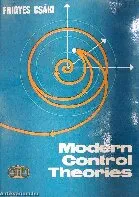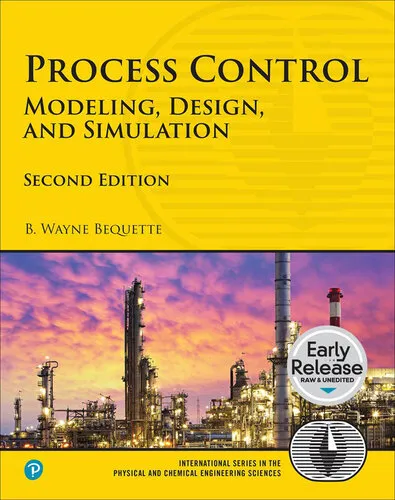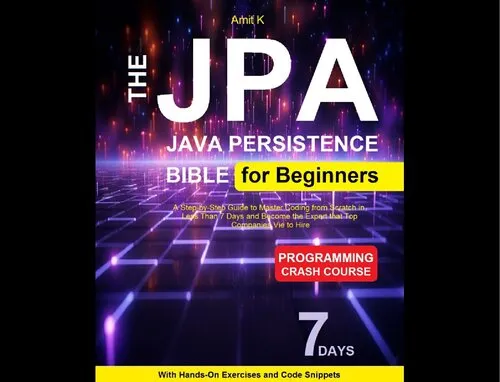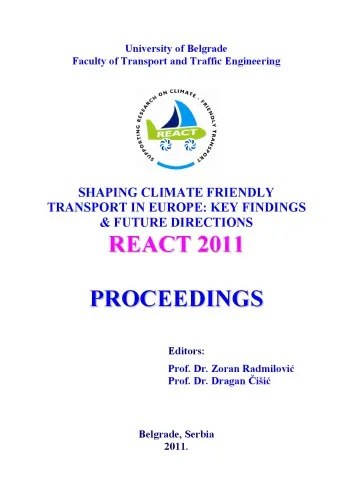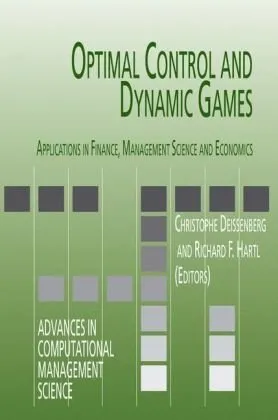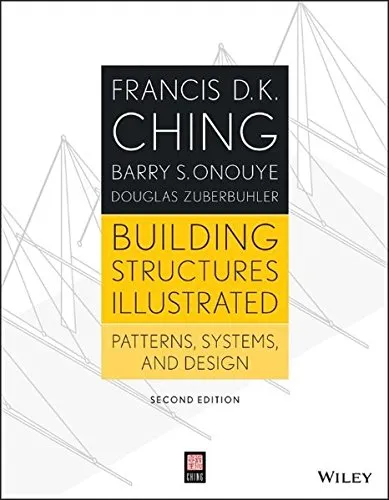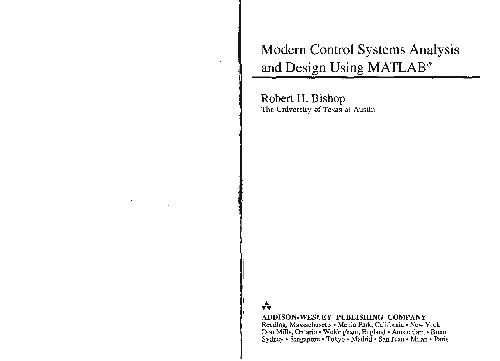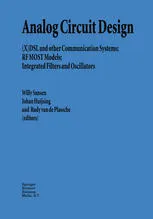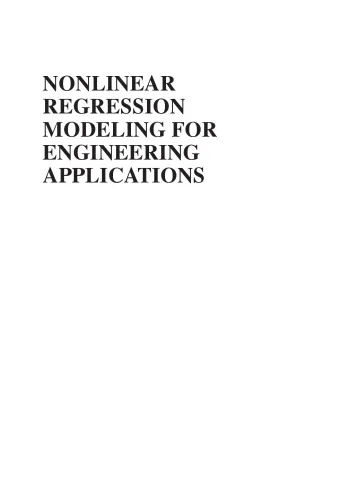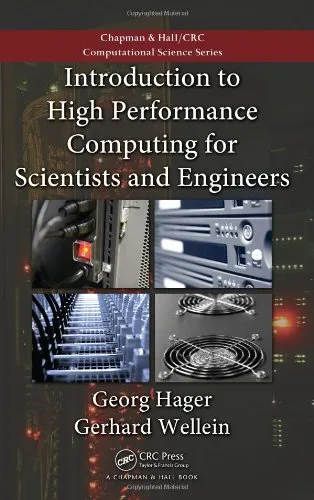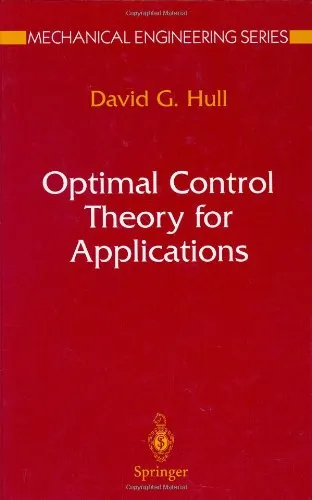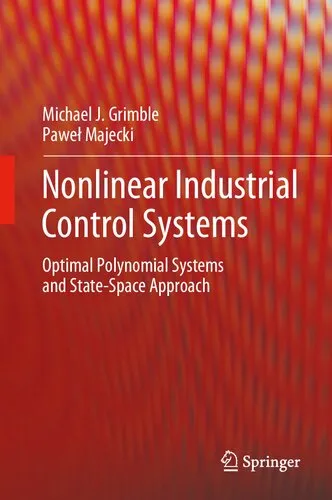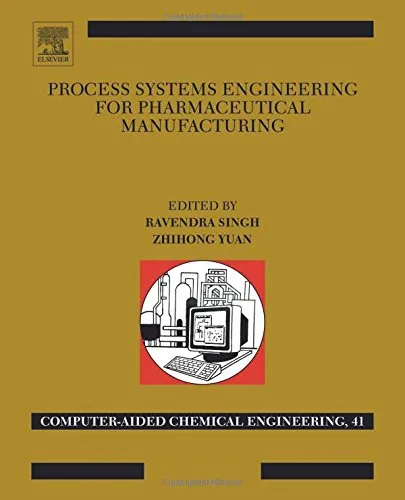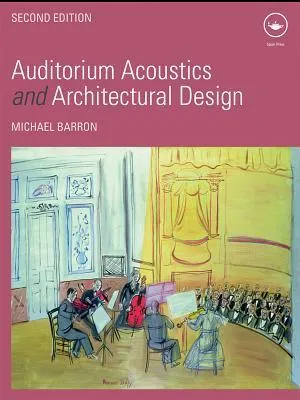Modern Control Theories: Nonlinear, Optimal and Adaptive Systems
4.0
Reviews from our users

You Can Ask your questions from this book's AI after Login
Each download or ask from book AI costs 2 points. To earn more free points, please visit the Points Guide Page and complete some valuable actions.Related Refrences:
Introduction to "Modern Control Theories: Nonlinear, Optimal and Adaptive Systems"
Welcome to "Modern Control Theories: Nonlinear, Optimal and Adaptive Systems", a comprehensive exploration of advanced control system methodologies that play pivotal roles in modern engineering and technological advancements. This book is designed to provide in-depth knowledge of nonlinear, optimal, and adaptive control theories, making it essential reading for both students and practitioners in the field of control systems and automation engineering.
As control systems have evolved over the years, their complexity has significantly increased. Traditional control mechanisms are no longer sufficient to address the demands of dynamic and unpredictable system behaviors. This book bridges the gap by emphasizing advanced techniques that extend beyond classical methodologies, empowering engineers to solve cutting-edge control challenges. By focusing on nonlinear dynamics, optimization algorithms, and adaptability, readers will gain tools to design robust and intelligent control mechanisms for diverse applications, from aerospace to renewable energy systems.
Detailed Summary of the Book
The book is structured to provide a thorough foundation in key areas of control theory, ensuring readers not only understand the underlying principles but can also apply them in real-world systems. It begins with an introduction to nonlinearity in control systems, highlighting the mathematical models and concepts that break the assumptions of linearity. Readers will discover methods for analyzing and stabilizing nonlinear systems while gaining insight into their unique behaviors.
Subsequent chapters explore the principles and applications of optimal control. The mathematical framework for optimization, including dynamic programming and cost function minimization, is presented in an accessible way. Practical case studies are integrated to provide a hands-on understanding of how these methods improve system performance and efficiency.
Adaptive control theories form the last major component of the book. These chapters examine how systems can adjust their parameters in response to changing environments or uncertainties. From model reference control to self-tuning regulators, this section reveals how adaptability enhances system resilience and robustness.
In addition to theoretical discussions, the book includes programming examples and simulation exercises that allow readers to implement these advanced control concepts. The integration of theory, practice, and problem-solving ensures a complete and engaging learning experience.
Key Takeaways
- Understand fundamental concepts of nonlinear dynamics and their implications for control systems.
- Master optimization techniques, including dynamic programming and Pontryagin's Maximum Principle.
- Explore adaptive control strategies to make systems more robust and resilient.
- Gain practical skills through simulation exercises and real-world case studies.
- Develop problem-solving abilities to tackle modern engineering challenges.
Famous Quotes from the Book
"The future of control engineering lies in embracing complexity, not avoiding it. True mastery begins where classical assumptions end."
"Adaptive systems are not just tools; they are aspirations for intelligence in a world of uncertainty."
"Optimality is not a static target; it is a dynamic state that evolves with context and conditions."
Why This Book Matters
The relevance of Modern Control Theories: Nonlinear, Optimal and Adaptive Systems cannot be overstated. In an era of rapid technological advancements, systems are becoming increasingly complex. Traditional linear control methods fall short when faced with nonlinearity, unpredictability, and variability. This book steps in to address these gaps, offering insights and techniques that align with the demands of modern engineering applications.
The advanced topics covered in this book have direct applications in industries such as automation, robotics, aerospace, automotive engineering, and renewable energy. Whether you're an academic looking for a deeper understanding of control theory, a professional seeking to solve challenging engineering problems, or a student preparing for a career in modern technologies, this book provides the knowledge and skills to succeed.
Moreover, the carefully crafted content, combining theory and practice, ensures accessibility and engagement for readers at all levels. With its clear explanations, real-world applications, and rigorous approach, this book is an essential resource for anyone committed to mastering modern control systems.
Free Direct Download
You Can Download this book after Login
Accessing books through legal platforms and public libraries not only supports the rights of authors and publishers but also contributes to the sustainability of reading culture. Before downloading, please take a moment to consider these options.
Find this book on other platforms:
WorldCat helps you find books in libraries worldwide.
See ratings, reviews, and discussions on Goodreads.
Find and buy rare or used books on AbeBooks.
